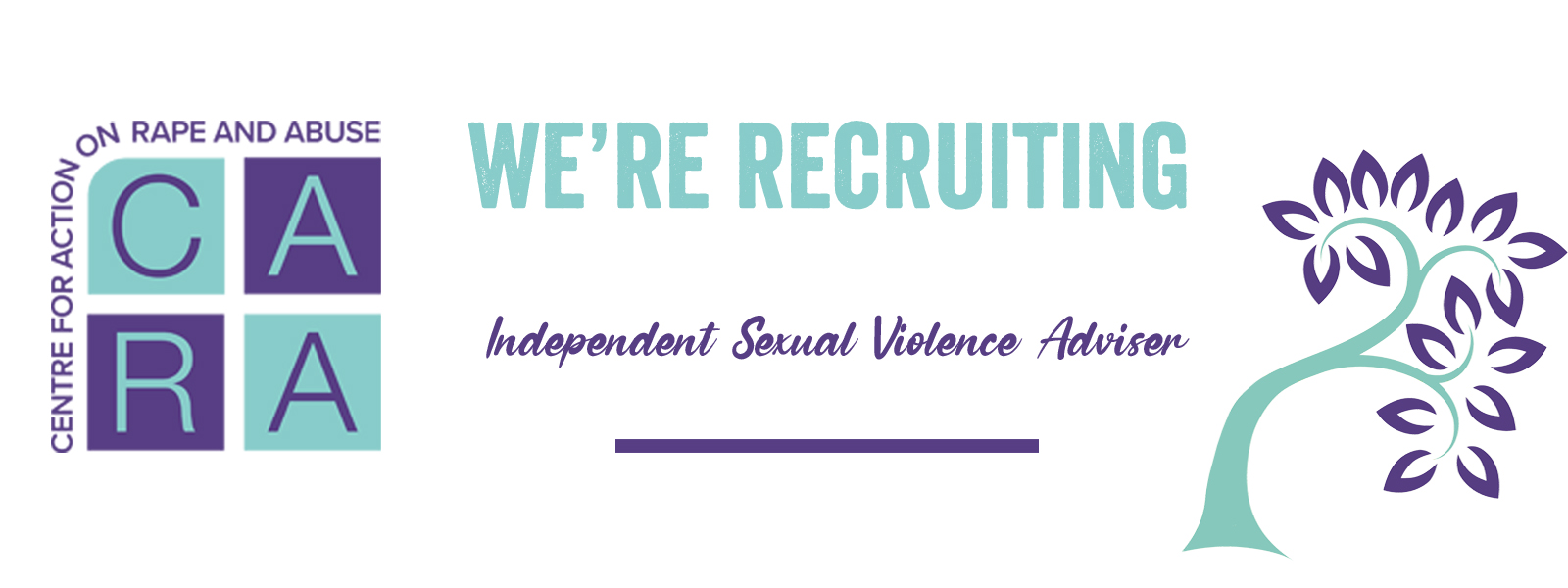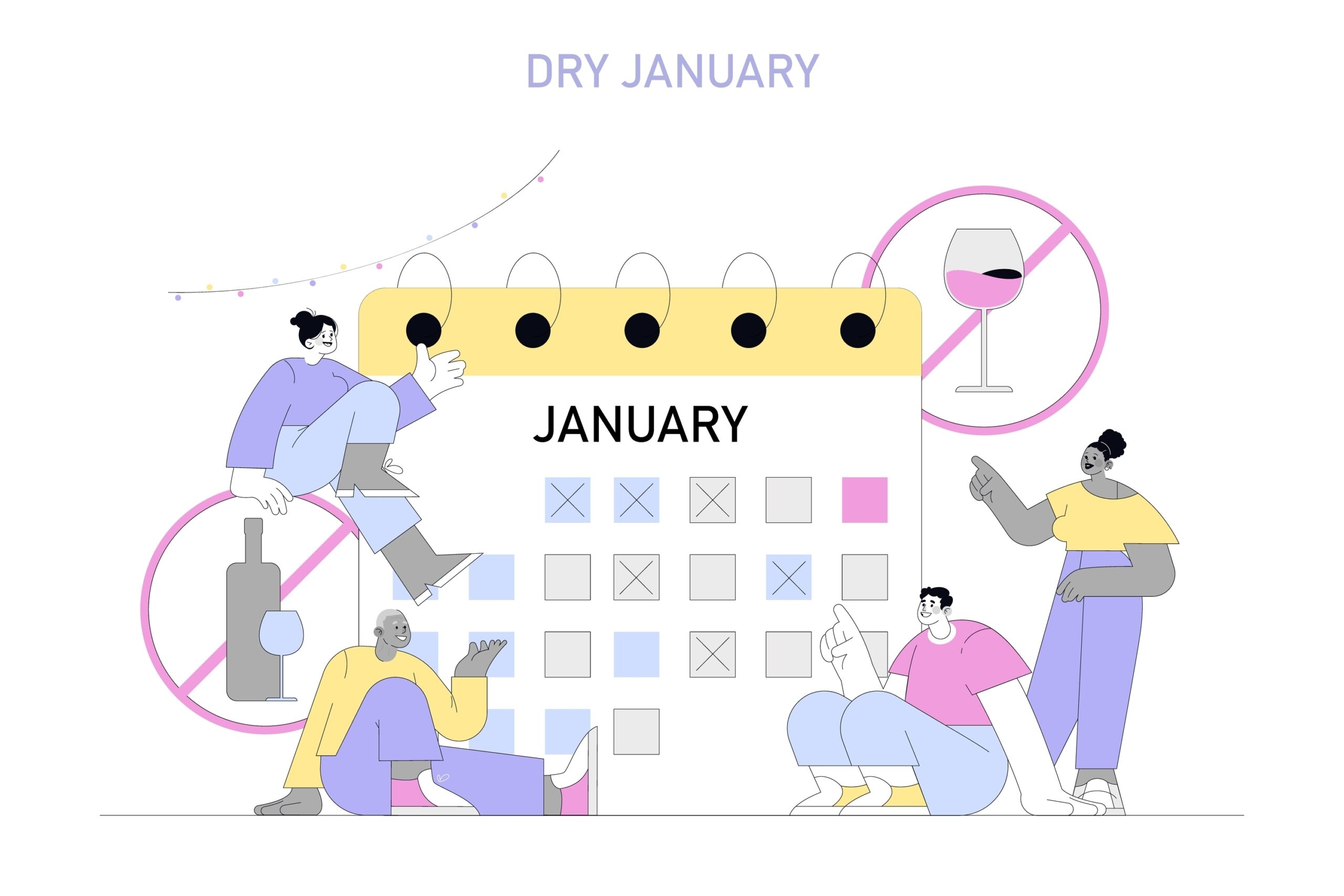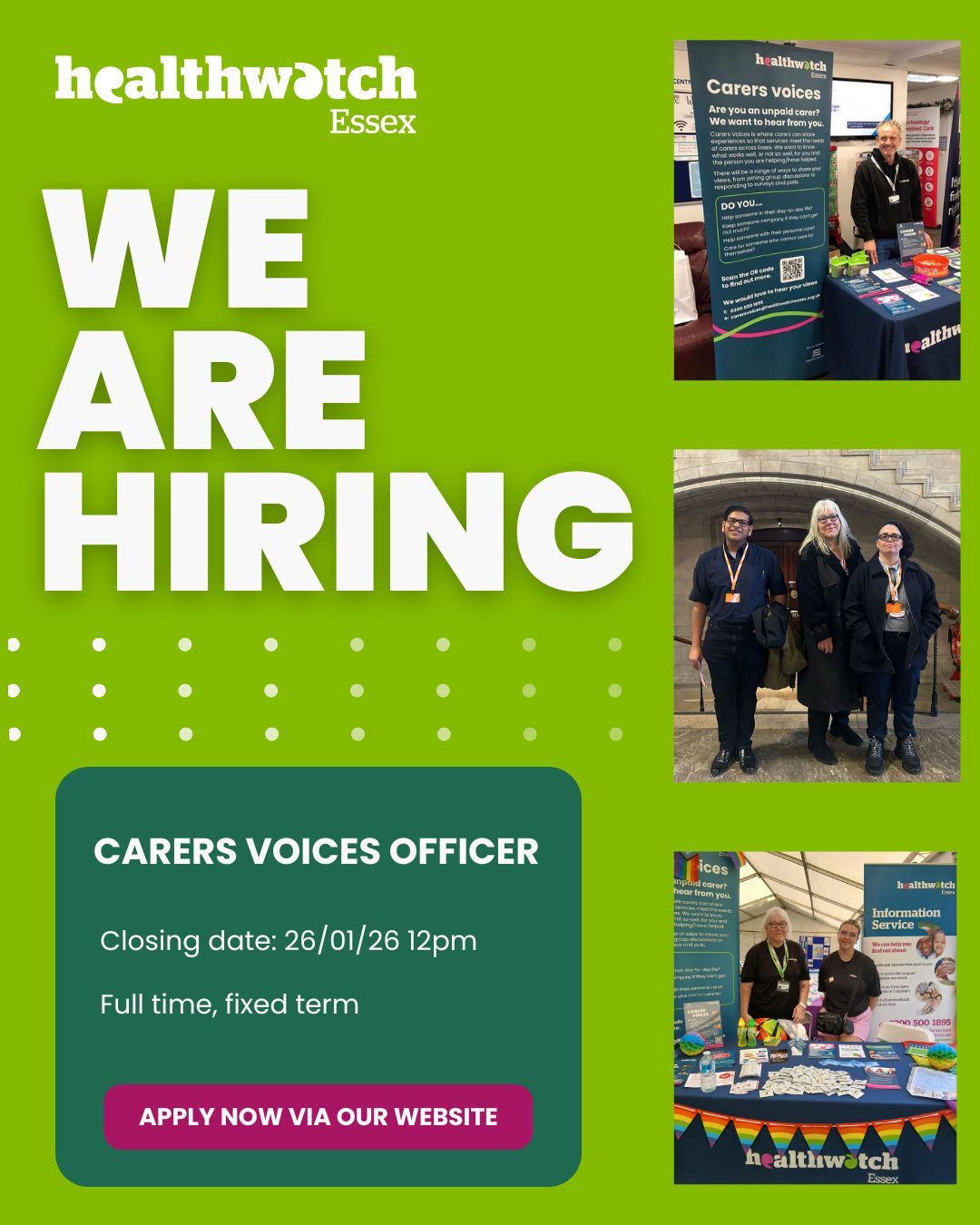Interview with Lorraine member of The Steering group for The Essex Alliance
Posted on: February 16, 2021
- What is your role and what organisations do you work for?
I work for Provide CIC, a community interest company delivering NHS services and my role within Provide is Volunteer coordinator. At the start of the pandemic, I was also asked to support the setting-up of the Essex Wellbeing service by onboarding volunteers. The Essex Wellbeing Service is funded by Essex County Council and was developed as a response to the pandemic with Provide’s Essex Lifestyle service.
Normally, my role is recruiting, training and placing volunteers within our community services. We have community beds on wards in St Peters Hospital Rehabilitation and Stroke Unit in Maldon and Halstead Hospital ward. Volunteers would be running pop-up shops, engaging with patients in activities, acting as lunch buddies and general befriending. As well as ward volunteers we have people meeting and greeting visitors to our services both on the wards and in reception areas for different services like outpatients and therapies. We also have volunteers in admin support roles.
During the setting up of Essex Wellbeing Service I helped to onboard over 500 volunteers. It was an epic task and new technology was developed to do this process as effectively as possible. Volunteers were enlisted to complete set tasks like shopping, befriending, dog walking and transport to hospital appointments. The pandemic created a need for a massive community response and a re-thinking of ways to recruit volunteers in order to get the rapid response needed. Using the “Priority Me App”, volunteers could log-on when they were available to pick up jobs, which allows for a lot of flexibility.
During the pandemic existing Provide volunteers have helped in many ways supporting staff and services. The Halstead Ward location was moved to Braintree and volunteers played an important role in helping pack up wards and be there to support patients during the changeover. Up until this last lock down volunteers were being used to meet visitors and patients, take temperatures and for logging track and trace details.
As we have all experienced through the current situation, the demands on my role has been constantly changing and I have had to adapt to this. For example, I just recruited six new volunteers for the outpatient service in St. Peter’s Hospital, Maldon. This is a lot of work with the screening process, ID and DBS checks. I had no sooner completed the process when the clinical staff were re-deployed onto front line wards and the new role has been suspended for the moment. Luckily, I was able to direct these volunteers to the mass vaccination recruitment coordinator so I hope they get to volunteer soon.
Since the pandemic began my role has changed direction several times. From mass screening of volunteers, to actually driving patients to emergency hospital appointments when no one else was available. I have had to respond rapidly to requests from services who may need volunteers for urgent one-off tasks followed by specialist support roles which need an experienced volunteer. I have had to be very flexible and adaptable and this looks set to continue for a while yet. I do look forward to the time when the wards re-open and normal volunteer services re-commence and our regular long-term volunteers return to their roles. Unfortunately, many of our pre-Covid volunteers were unable to continue during the pandemic as they had to shield but are keen to return.
- Last year was a very different experience for everyone. How did you find your organisation dealt with the pandemic?
Provide is a really good organisation for communications and it works very hard to make sure people understand how the situation was unfolding. I think this really helped me to cope with so much uncertainty. As well as regular notices and briefings, our CEO produces a weekly update video, and it shows he is reaching out to us. I have certainly felt safe with the working arrangements which have been put in place and those which apply to going into the office.
As well as regular meetings with my line manager we, in the HR Department trialled a buddying system to support each other which was also very helpful. Colleagues met for a twenty minutes session each week to share and listen to each other. Not as a result of the pandemic but something which was being developed anyway was introducing “Schwarz Rounds” which are meetings for teams specifically to be therapeutic and supportive for people in the NHS and I have been asked to train as a facilitator.
My organisation’s IT department was very quick to get Teams sorted out for everyone, which really helped with everyone being able to communicate and continue with meetings. Teams has become second nature for communicating now and it is difficult to imagine going back to travelling to face to face meetings as we used to.
Obviously, delivering all the clinical services that Provide has to do, this year has been a great strain on everyone because of the massive changes which were required and also staff re-deployment. Interestingly, I know some of the staff who were and are re-deployed have gained a real insight into the frontline experience.
The other big change which had to be made over this period was the whole recruitment process. The Provide volunteer recruitment process is aligned to NHS guidelines and involves interviewing and meeting volunteers face to face at least twice, as well as their attendance at Corporate Training. Adaptations had to be made and a new process has been developed and, I wonder if we will ever really return to exactly what we did before, especially for volunteer training. NHS England set-up on line Volunteer Passport and, to be honest, whilst the content is the same as I delivered, the format is very accessible and the new volunteers have said they enjoyed it and could do it in their own time too. Obviously, this would not work for volunteers who don’t like or feel confident or access internet.
Overall, I think Provide proved to be very adaptable and resourceful and did have to put demands on staff and I certainly felt, informed and supported during the process.
- The Third Sector has found the global pandemic difficult across the board. Is there anything you found challenging within job role and organisation?
The biggest challenge is having volunteers who want to help but not having enough roles available. We do have to be very mindful of not putting patients, staff and volunteers into a high-risk situation and, particularly on the wards, it was agreed that we could not provide enough support to put volunteers into Covid wards. All credit to Provide, active volunteers working for Provide have, along with paid members of staff, have all been offered the vaccine.
Another personal challenge is the feeling I cannot plan services in the way I would normally do. Even when I do plan, it literally doesn’t always work out as expected. An example of this was when the vaccine programme was announced. I immediately recruited a team of driving volunteers, as I expected a surge in requests for volunteer drivers. So far there has not been a great demand and I think this may well be because people have built a support network up during this last year.
Other challenges have been around working from home. Not seeing work colleagues face to face and missing the social interactions. At home, I have found it hard to come away from my desk. Before the pandemic, my home was always my sanctuary but now it feels like that line has become blurred and home is work and work is home. Especially when I have taken annual leave, there is the temptation to have a look if everything is alright.
- During these uncertain times, it is good for everyone to stick together and give each other a helping hand. What has been vital in supporting you in your job role and you personally during COVID-19?
The main thing which has helped me during the pandemic is having a meaningful job and actually working every day. Having a purpose, having conversations with people which are not all about Covid and lock down, has been a real life saver.
It has also been really good to work with my colleagues in Provide who are call handlers in the Essex Wellbeing Service. The feeling you get when you are working with others, to make something happen for someone you will never meet, but know you have made a difference because you helped resolve a problem is really great.
Also working with EPUT and other organisations on a project for setting-up a volunteer’s passport to cover volunteering in the NHS in Essex gave the opportunity to meet with other volunteer coordinators. It was really reassuring to share similar experiences of Covid, volunteers and issues around recruitment and it was good to actually meet new people.
My colleagues in Provide have also been very supportive of each other. This came to light particularly at Christmas as I organised some staff events which included, a secret Santa for children of families who rely on the food bank and Christmas bags and presents for the homeless. There was a huge response from my colleagues, who were incredibly generous and kind, which was amazing and really lifted my spirits.
- Let’s look to the future. What are you looking forward to this year in the Third Sector and within your organisation?
I’m looking forward to the services I support returning to whatever will be ‘normality’. It will be a real joy to be able to to plan services, events, recruitment and also have face-to-face contact. Building on the knowledge and experience I have gained, I want to evaluate what good things have come out of all that happened last year. I can see real merit in the new way of recruiting volunteers which saves time for everyone and also incorporates the on-line training as normal. I will definitely continue to utilise volunteers through the Essex Wellbeing Service for micro-volunteering projects which gives Provide the opportunity to use volunteers so much more.
Most of all, I am so looking forward to going back into the office for at least a few days a week and seeing colleagues and volunteers again on a regular basis.
- What would your advice be to other Third Sector organisations while we are in the midst of a third lockdown?
I think it is very difficult to give advice. For me, I am going to reflect on what happened and not be frightened to think outside of the box. Given the wave of enthusiasm for volunteering and the acceptance that volunteers can deliver good services, I want to think about what else could they be doing? I would definitely be looking at micro-volunteering options and reviewing recruitment processes. I am sure everyone has had similar experiences and realised there are great efficiencies in on-line interviewing and training. Finally, I would also review risk assessments and ask whether we are being too risk-averse whilst weighing up the benefits to the community that volunteering can bring.



Leave a Reply
You must be logged in to post a comment.